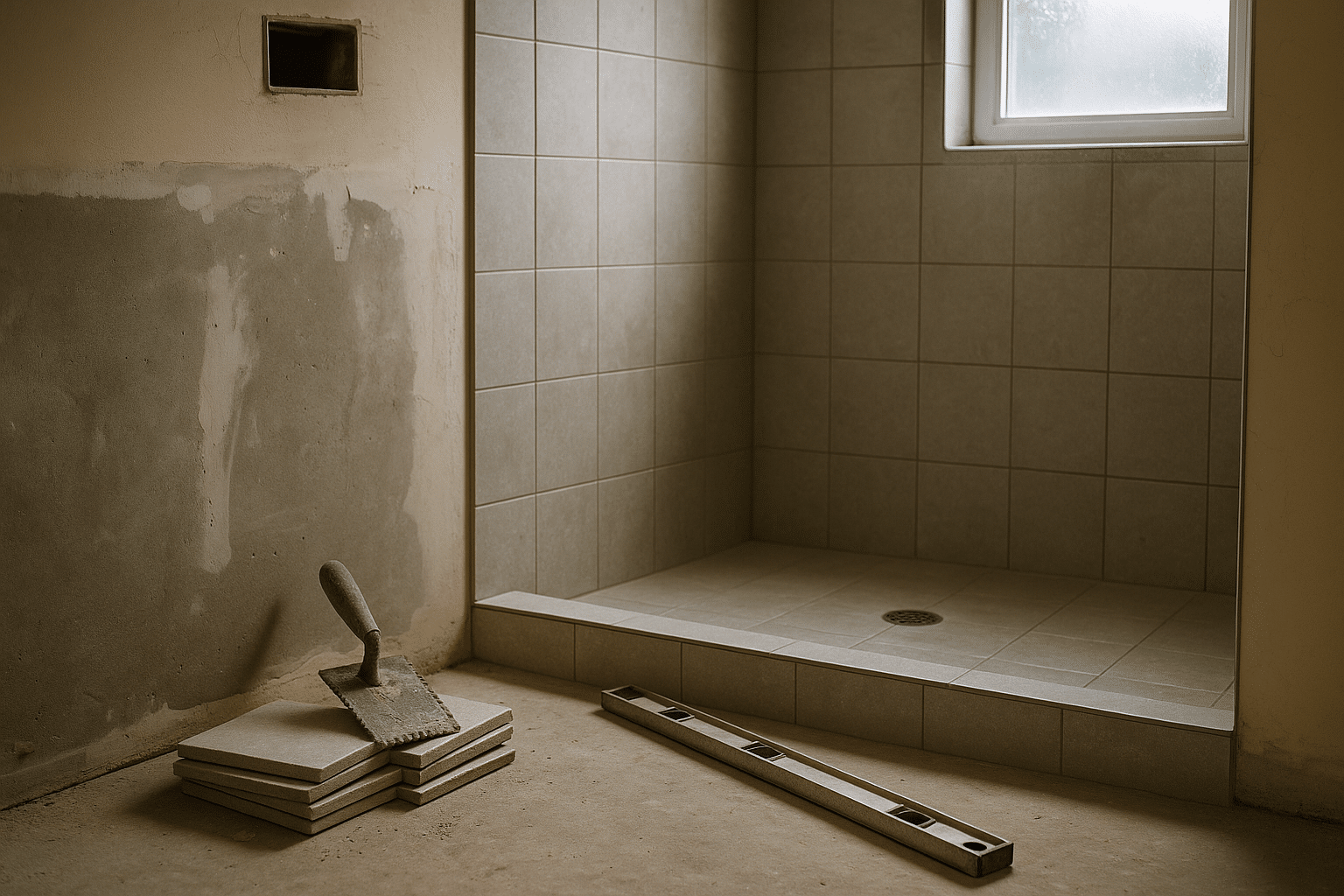
Raw Food Diets: Are They Safe for Cats?
Cats are often considered the epitome of finicky eaters, and choosing the right diet for them can be a complex task. One dietary option that has gained popularity among pet owners is the raw food diet. But is it a safe and healthy choice for your feline friend?
Understanding Raw Food Diets
Raw food diets for cats typically consist of uncooked meat, bones, and organs. The idea is to mimic what a feline might eat in the wild, promoting natural nutrition. Advocates of raw diets believe that this approach can lead to shinier coats, healthier teeth, and improved energy levels.
Expert Opinions on Raw Diets
Dr. Lisa A. Pierson, a veterinarian specializing in feline medicine, suggests that while raw diets can be beneficial, they require careful preparation and handling. “Raw food diets can be nutrient-rich,” she notes, “but they must be balanced and handled correctly to avoid health risks.”
Research and Statistics
A study by the Journal of Feline Medicine and Surgery found that raw diets could provide adequate nutrition if properly formulated. However, the study also warns of potential risks, such as bacterial contamination. It’s estimated that around 1-3% of cats on raw diets might suffer from foodborne illnesses.
Personal Anecdotes
Consider the story of Mark, who transitioned his cat, Whiskers, to a raw diet. Initially, Whiskers showed increased energy and a lustrous coat. However, Mark soon learned the importance of balancing the nutrients after Whiskers developed digestive issues.
Actionable Tips for Safe Raw Feeding
- Consult with a veterinarian before starting a raw diet to ensure it’s suitable for your cat.
- Use high-quality, fresh ingredients from reputable sources.
- Balance the diet with appropriate supplements to meet your cat’s nutritional needs.
- Practice proper hygiene to prevent bacterial contamination.
Comparison Table of Diet Options
| Diet Type | Pros | Cons |
|---|---|---|
| Raw Food | Natural nutrition, improved coat | Risk of bacterial contamination |
| Commercial Wet | Convenient, balanced nutrition | Higher cost |
| Dry Kibble | Easy storage, dental benefits | Less moisture content |
| Homemade Cooked | Control over ingredients | Time-consuming, risk of imbalance |
Conclusion
Raw food diets can offer potential health benefits for cats when implemented carefully. It’s crucial to balance the nutritional components and maintain strict hygiene practices. Always consult with a veterinarian to tailor the diet to your cat’s specific needs.
FAQs
Are raw diets safe for all cats?
Raw diets may not be suitable for all cats, particularly those with specific health conditions. Consult with a veterinarian first.
How can I ensure my cat gets all necessary nutrients on a raw diet?
Consider using supplements and working with a vet to create a balanced meal plan.
What are the signs that a raw diet isn’t working for my cat?
Look for signs such as digestive issues, lethargy, or weight loss, and consult with a veterinarian immediately.


